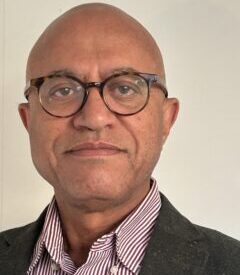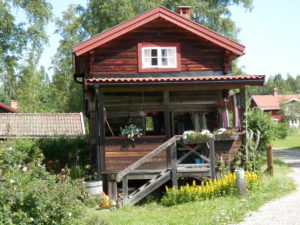It is interesting to follow the discussion on education reforms in Ethiopia. There are discussions on education policy, quality of education and the role of teachers. Higher education and schools are in the center of the discussion. On the other hand, it is not an exaggeration to say that preschools are quite invisible.
We hear in the mass media that the country´s new education road map is designed and will be available for public discussion and comments. Hopefully it is a map that shows the educational terrain of the country including the high and low performance areas. We can also expect it will show where there are difficulties to proceed towards the aimed goals. The map hopefully is also open for redrawing whenever new realties demand to do so.
A hot issue for the last few years has been quality of education on all levels. While there is a consensus that the education quality has fallen, there is no common definition of what education quality is, what the indications for the fallen quality were. There are some who explain the fallen quality based on students´ low level of reading, writing and mathematical abilities compared to the students in the same grades some 20-30 years back. Others try to explain that the low quality is the result of increased numbers of students, school expansion to give opportunity for more children, inadequate learning facilities, shortage of trained teachers, etc. Instead of just general explanations there is a need to undertake a research to establish what is a good quality/standard to strive for and how to go ahead to achieve that quality/standard.
While discussing to improve the quality of education, there is a necessity to review the situation of teachers in the country. It is obvious that teachers are facing diverse problems to alleviate some of the problems. There is a need as a first step to increase their income. Then there are other major needs such as creating a good working environment, improving the quality of teacher education and also start working on gradually increasing the status of the profession. What we are investing on teachers will also positively influence the quality of education on all levels.
Higher education which also includes teacher education should focus on transforming and developing the country. More of critical thinking, more of creative and innovative citizens in the higher education can contribute to a better understanding of the society at large as well as see the hindrances for its development. More competent teacher graduates can work for improving their own lives as well as for the socio-economic development of their society.
The largest number of students are not attending higher education. They leave school after attending elementary or secondary classes. These groups also need to attend quality education with relevant knowledge and skills that will allow them to be economically independent. Basic societal services could be provided by these students who as part of their education could be trained as carpenters, plumbers, electricians, mechanics, etc. The education system should consider to open opportunities for these groups if they need to pursue further education to improve their knowledge and skills in the same or another field.
Debates are taking place about higher education and schools but one group that is not given enough attention is the preschools, where the youngest of the society get their first contact with institutional education. Different problems are facing this level of education. First the shortage of preschools, secondly in the available preschools there are no sufficient education facilities, thirdly, there are no sufficient well qualified preschool teachers, and fourthly, there are no sufficient preschool teachers training institutions in the country.
Preschools are the primary socializing institutions after the family. Here children learn to take care of themselves, to cooperate with their classmates, to compromise with other children and when they are in a problem to resolve their conflicts in a peaceful way. If the country wants to build a future democratic society it should invest on high quality preschools.
Anyone who wants to build a house does not start with the roof. S/he will start building the base with strong material to enable it to carry the whole building. The building will rise gradually and when it is completed, it will stand the wind, the rain, the sun, the earthquake and other problems. Preschools are strong bases in a society in which citizens can start to become well prepared for matching the future needs in their society.

